Six of the Best Tips to Know for Improv Class
Written by Alex Cumming
July 9th, 2019
The foundation of all improv stems from the idea of the “Yes, And.” To agree with what your scene partner has said and to build upon it. Improv scenes with little begin with little to no prior preparation, and many actors can find this intimidating. Actors have been taught never to come unprepared to any class or show. That idea embedded in many actors heads is what taking an improv class seeks to break. My first classes at a professional improv theatre were wildly nerve-racking, but over time, my walls came down, and I grew to love improv. For anyone going into an improv class, here are some ideas to be aware of, so you can have the ideal intro to improv.
Pandering For Laughs
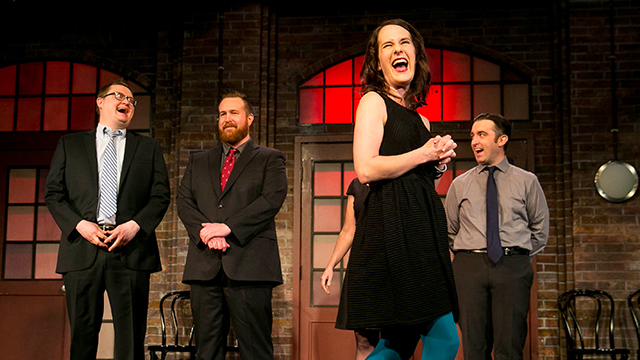
Going into an improv class, one thing to have in mind is not to try to be constantly funny. The comedy in an improv scene comes from a natural place of honesty, and when one is continually striving to be the funniest, it can dampen what humor would arise naturally. The misconception that one always needs to be the funniest person in the room makes you stick out negatively.
Patience Is An Improv Virtue
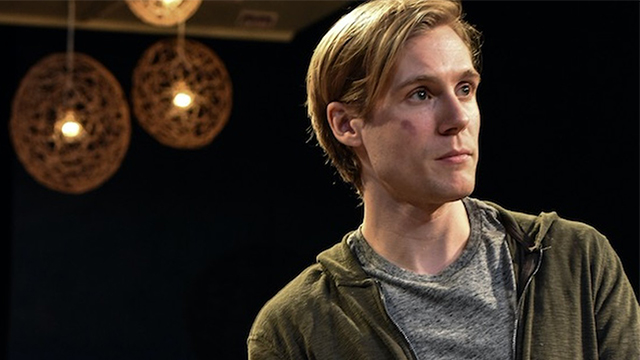
Another concept to be aware of is patience. Frequently improv scenes can be a slow burn, and beginner improvisers believe that if a scene isn’t receiving laughs out of the gate, it’s failing. A lot of great improv comes through being patient, taking your time, and developing with your scene partner instead of rushing in hopes of a quick laugh.
Get Out Of Your Head!
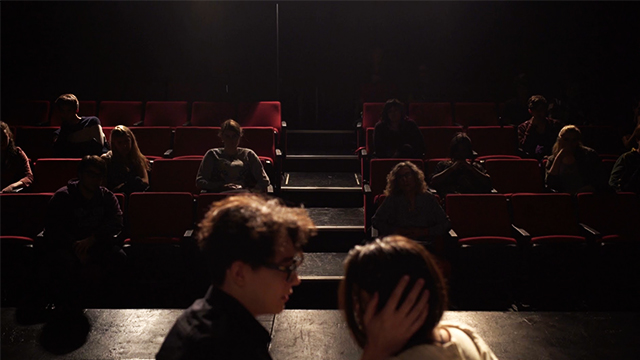
Being present and not being in your head is the greatest gift you can give yourself and your scene partner. Being in your head is the one place you should avoid going to in a scene. Be it to question a choice you made or that you are fearful because you don’t know where the scene is going; Going into your head and overthinking will never solve these problems. Being present and listening are sure-fire ways to keep the scene growing and progressing.
Lend Your Ears
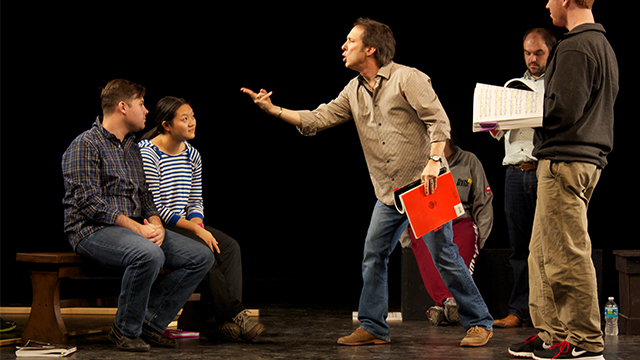
Listening to your partner is such a vital component of what makes improv work. Being able to hear what your partner is saying and build upon it is how improv scenes advance.
Listening is what creates chemistry between improvisers, being able to pick up and develop on subtleties that your scene partner gifts you can create the most memorable of moments.
You Will Fail
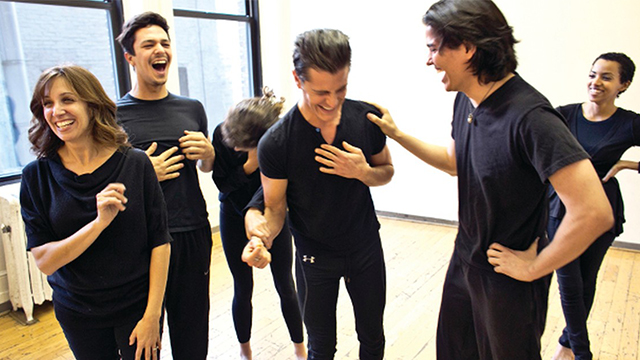
Keep in mind that in your improv class, you will fail. It will happen; it happens to everyone. But it is all apart of the journey. One lousy scene, bad joke, or just being too much in your head will not destroy your entire improving career. Even the most experienced improvisers have those scenes that go nowhere.
Here To Learn
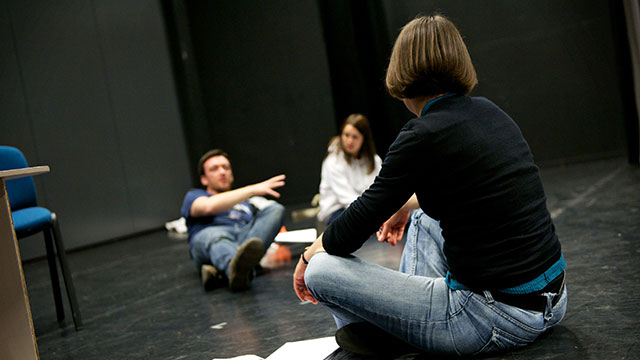
Most important, classes are for learning and but why not add some fun to it! Improv can improve all areas of your life, and it all begins with your first class.
Need some advice? We’ve got you covered.
- 10 Tips for Being a Positive Role Model in Your Theatre Community
- 5 Ways to Say “Thank You” to Your Cast and Crew
- 5 Character Development Techniques to Use in Rehearsals
- 5 Small Ways to Get Into (And Embrace) Your Character
- 5 Ways to Take Care of Yourself During Tech Week
- Devising Theatre: 7 Quick Tips for Your First Devising Project
- “I Can’t, I Have Rehearsal”: 5 Tips for Scheduling Your Life When You’re In Theatre
- How to Make Rehearsals A Warm and Welcoming Environment
- 10 Basic Rules of Stage Combat (That Keep Everyone Safe)
- 5 Advantages of Learning Stage Combat
- Theatre Artists on a Budget: How to Be Smart and Healthy While Pinching Pennies
- Productions on a Budget: Finding Props/Costumes/Set Dressings/Set Pieces Without Breaking the Bank
- 6 Steps to Memorizing Shakespeare
- 5 Helpful Tips for Attending Callbacks
- 10 Tricks to Staying Healthy All Season Long
- How to Balance Theatre and Coursework
- 10 Items Every Actor Should Carry in Their Rehearsal Bag
- 10 Items Every Dancer Should Keep in Their Rehearsal Bag
- Discover the Delightfully Nerdy World of Dramaturgy
